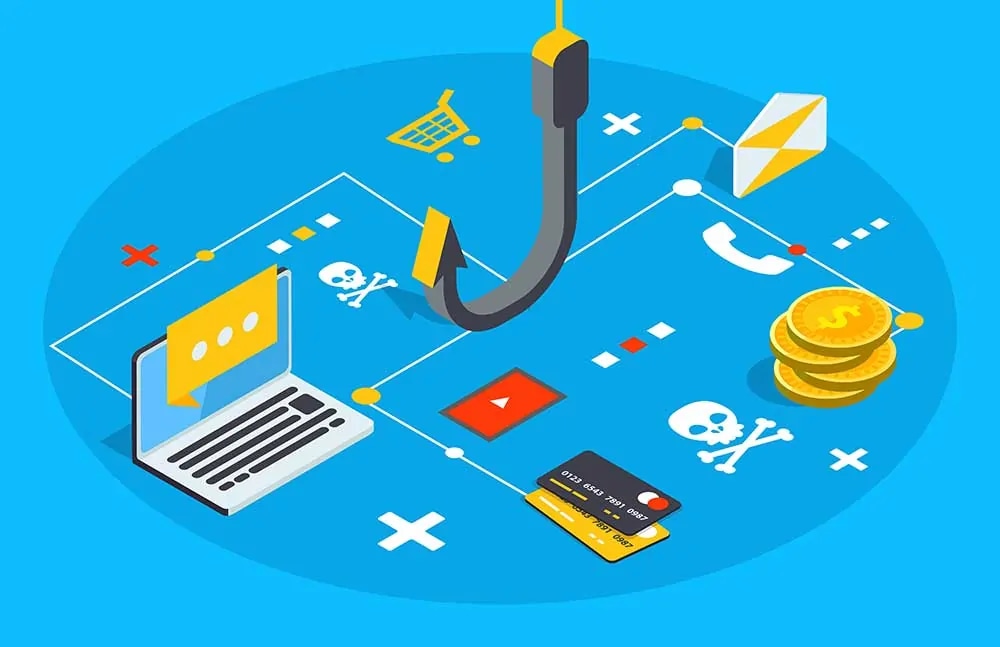Scams are older than the internet itself. Unfortunately, anyone who has pioneered any area of the online space can tell you that all ripe fields are filled with those looking to take advantage of newcomers to the space. For publishers, this often comes in the form of “expert” consultants or 3rd party vendors claiming to have expertise in areas that are often weak points for some independent publishers, bloggers, and content creators.
It’s common for publishers to have a weak point in SEO, ad operations, digital marketing, or development. At a minimum, they may have trouble coordinating between these various roles or managing all of these tasks themselves in some cases. This means these fields are particularly well known for having a large number of outreach scams.
Below, I’ll show you examples of common SEO scams, worthless ad network pitches, marketing frauds, and other outreach techniques used by unscrupulous parties to take advantage of trusting publishers.
How do publishers get scammed?
Internet scams are nothing new. They’ve been around for, well, as long as the internet has been around.
Whether it’s foreign royalty who has millions of dollars available if you can only provide $5000 for the wire transfer, or someone claiming you’ve won a new house, and all you have to do is just pay the taxes on it, all of these scams share the similarities of wasted time and potentially (lots of) money lost. The all-too-familiar Nigerian prince scam still rakes in $700K a year.
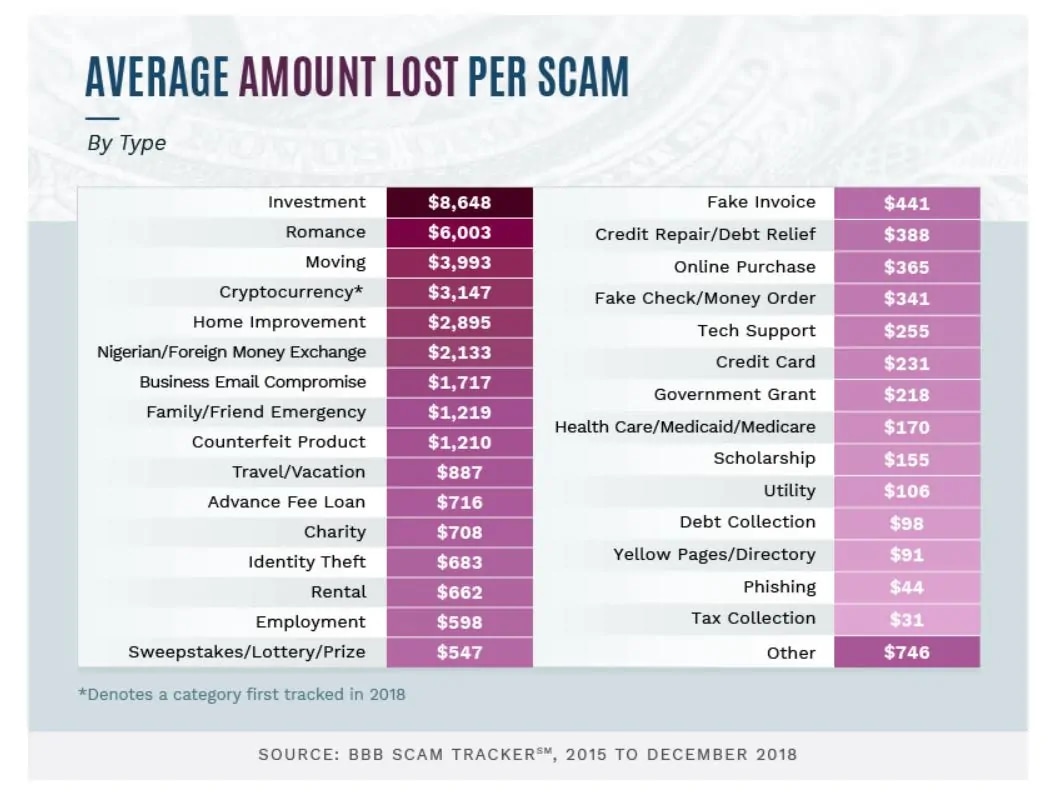
People reported losing $1.48 billion to internet fraud in 2018, an increase of 38% from 2017.
But if you’re a publisher, the types of scams that arrive in your inbox might seem benign or even downright believable. A small publisher with a lot of work on their hands might find an email offering a “quick fix” to their SEO or website performance appealing and helpful.
Yet, after it’s said and done, they discover what has been offered had no inherent value, or worse, the service provided was detrimental to your site.
Publishers both small and large are susceptible to these types of scams. In 2011, J.C. Penny fell prey to an SEO campaign that ultimately damaged its revenue and shot the company back several pages on the search results index.
Who tries to scam publishers?
The three main categories of people who try to scam publishers are:
- SEO Consultants
- ‘Marketers’ (there’s overlap with the first category)
- Ad networks
SEO consultants or marketers could both arrive at your inbox, saying they are a legitimate business, and they want to offer you a “free audit”. Audit your own site using this guide.
These people will give you recommendations for your site, and if you don’t know how to tell the difference between something that truly impacts your site versus something that couldn’t, you might pay them who knows how much money for something that’s unquantifiable.
If someone is reaching out to you with SEO services, ad network services, or link/marketing services of any kind, you should immediately have a red flag raised, simply because the industry is so saturated with people that want to take advantage of publishers this way.
What types of SEO consultants should I avoid?
The classic example and by far the most prevalent is the ‘Free SEO Audit’. They typically look something like this:

The fact of the matter is if you sign up for SEMRush, Hrefs, or Moz—even if it’s just the free trial—can run a crawl report on your site, and you’re going to get 95-98% of what any SEO consultant is going to give you in their ‘free audit’. Any real SEO audit is just going to run a crawler on your site to try and find any possible webmaster errors.
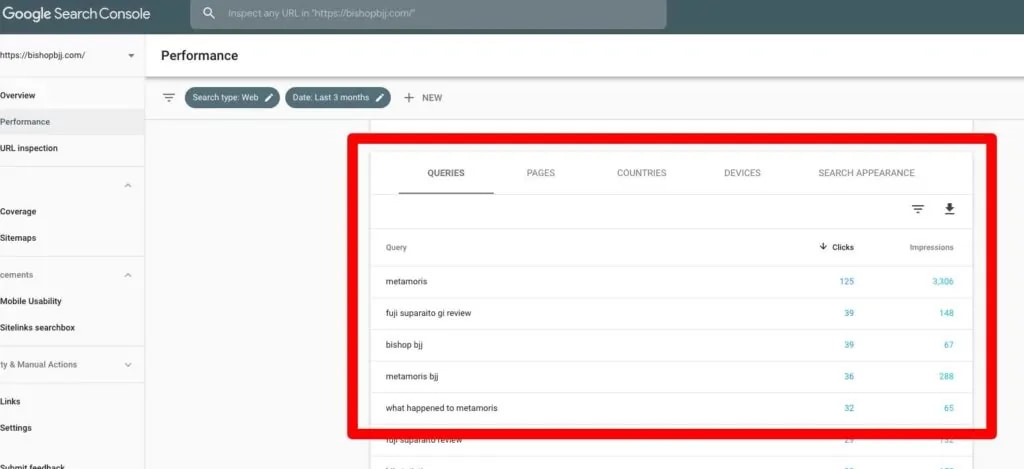
Believe it or not, your Google Search Console account is just as efficient as the other tools we mentioned. If you don’t have Search Console set up on your site, you might be missing out on valuable information. Because anything that registers as something that impacts your site, it will be on Search Console. These things are the stuff that Google is naturally highlighting.
If you’re considering any of these SEO consultants, the first thing you should do is look at your Google Search Console data. An audit in and of itself has no value. It’s about what you do with that information is what matters.
How can you tell if an SEO consultant is legitimate?

Now, most scams won’t be as easy to spot as an email coming from Sammy McScamson, but they do all share similar themes.
You might see misspellings, weird text-coloration, and overly confident guarantees about the quality of their services. Even if you receive an email without all the glaring red flags I just mentioned, you can still take a look at the content of the message and what it’s claiming.
The email claims, “Your biggest competitor has over 1,000 quality backlinks.” But objectively speaking, is that good? Is it bad? How about 1,000 backlinks to a single page? What if half of those were lost?
The truth is, this person’s claim is impossible to prove whether it’s helpful or harmful to your site, and no one can tell you that. John Mueller on a Google Webmaster Hangout said Google ignores the vast majority of backlinks.
If one of these SEO consultants does crawl your site claiming you don’t have enough backlinks, even if they are comparing you to someone else who ranks higher for a certain query, they have no idea what that relevance is. The chances of them being able to quantify their work are slim to none.
It’s really important that if someone is going to do SEO work for you that you know specifically what they’re going to do and how they’re going to quantify their results.

What Markie is offering, in comparison to what Sammy was offering, is actual, physical work that could yield quantifiable results if done properly. However, it is always best to ignore email outreaches for this type of work and research these types of people on your own. It is typically best to know exactly what you need to be done before ever hiring anyone to do it;
What types of ad networks and ad scams should I avoid?
The classic ad network pitch is, “Just try my ad tags!” Publishers should be highly skeptical of this approach.
Even as the sophistication of advertising technology, programmatic bidding, and big-name ad servers and exchanges grows, ad fraud is becoming an increasingly big problem.
A recent study from eMarketer suggests that the money from digital ad fraud is estimated to be around $6.5 – $19 billion or more. Even with new protections like ads.txt, in early 2019 DoubleVerify found a new fraud scheme circumvented and exploited ads.txt by bots posing as sites with the ads.txt code.
If these ad networks that arrive in your inbox get their ad scripts on your page, they may make you think they’re paying you out more than anyone else. When the truth might actually be they’re only bidding on the highest volume of visitors. Basically playing funny math.
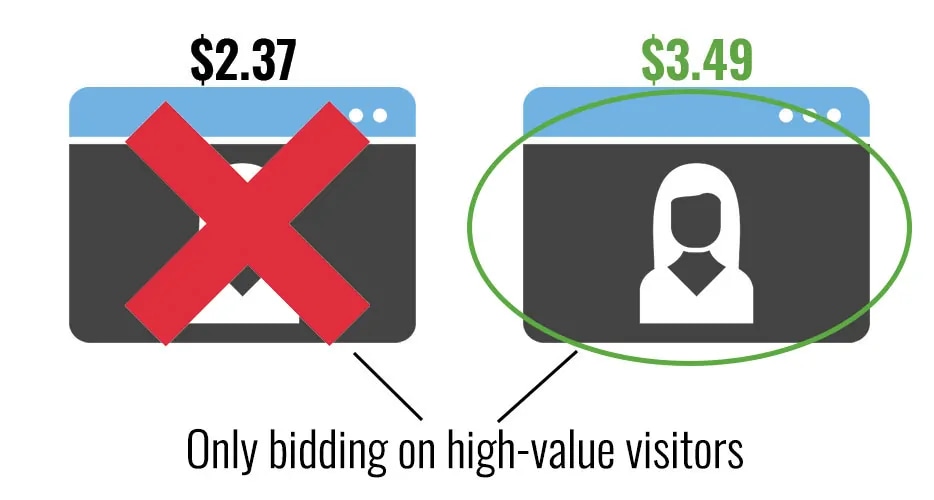
Always be careful with putting ad tags on your site. Once the script is on your site, the ad network has the potential to manipulate it, and the outcome could affect the prices of all your other ads. One of the biggest ad network scams I’m seeing lately that’s newer is ad networks that are pretending to be direct advertisers. An example of this might look like:

Let’s say you respond with, “I’m currently working with Google AdExchange and Ezoic.”

Addie and other ad networks want you to believe that they are a direct advertiser. When in reality, they’re just an ad network disguised as a direct advertiser. They might be trying to sneak into your ads.txt file or something along those lines so they can secretly start bidding on your site.
What types of link scams and link schemes should I avoid?
In recent years we’ve seen the formerly popular “SEO Audit” offering from scammers evolve into
- People wanting to guest post on your site.
- They read one of your articles they ‘really liked’, and they just happened to have an article that’s super relevant and they want you to link to their content.
- People offering to build links for you.
You want to avoid these types of offers. People who want to guest post and link to their site are just wanting to borrow your site’s authority.

These people have most likely read the link-building advice of “reach out to other websites and ask them to share a link to your site.” You should ignore these offers the same way you should ignore that type of advice.
What’s a better word of advice is to build links organically by writing great content that people genuinely want to link to. For the most part, if people are reaching out to you cold regarding guest posting or link building, it should be ignored. Unless you know them directly or they’re reputable in the space (influencer, brand, etc.) Here is an example of one to avoid:

Even more so, if someone is offering to build links for you, that could potentially be extremely harmful to your site. If you’ve got bad links pointing to you or vice versa, that might pose a problem for your site. Many sites were hit hard by Google updates for those types of backlinks because Google is penalizing those who are buying backlinks or building them.
Google can now show you if you’re under manual action penalty. This information can be found under the ‘manual actions tab’ in Google Search Console. This is good to check periodically to make sure you haven’t received any manual action notices and are compliant with Google policies.
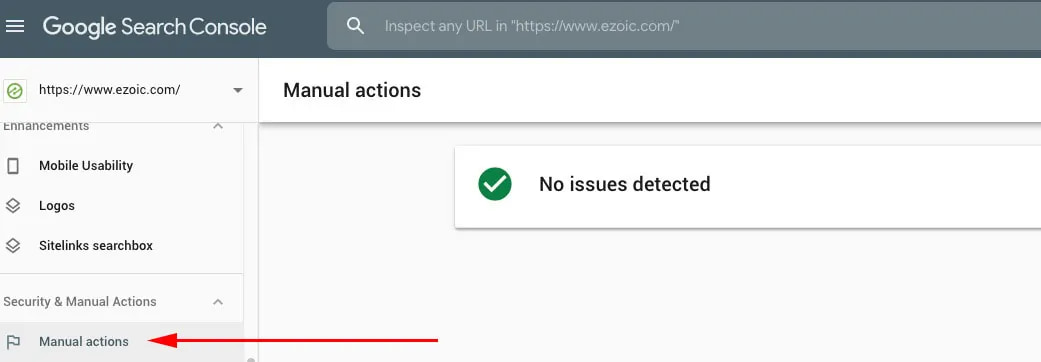
What other kinds of scams and outreach should I be careful of?
All of these scams we just mentioned share some sort of commonality. It’s usually someone reaching out to you, and your first instinct might be they are trying to sell you something. These messages can both be poorly written and include weird text-coloration, or they can be templated and look very professional.
Typically, though, these scammers want you to outsource something to them. It usually sounds either overly complicated or fairly benign in nature. But realize that if you’re not aware of why someone is reaching out to you, all your publisher spidey senses should be tingling in the same way.
The main thing you want to remember is that when you receive these emails, you want to find out what is their purpose and who the person sending them represents. Realistically, if you don’t know what needs to be done, don’t hire someone to both tell you… and to do it.
How many of these scam emails do you receive? If this has happened to you or you have any questions for me, be sure to comment and I’ll do my best to reply.
